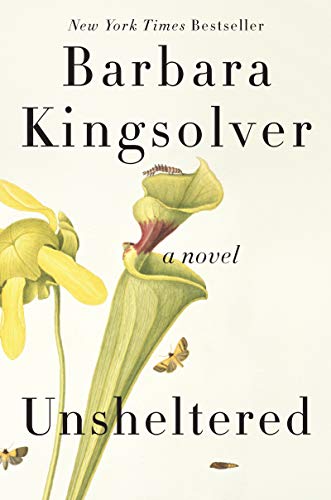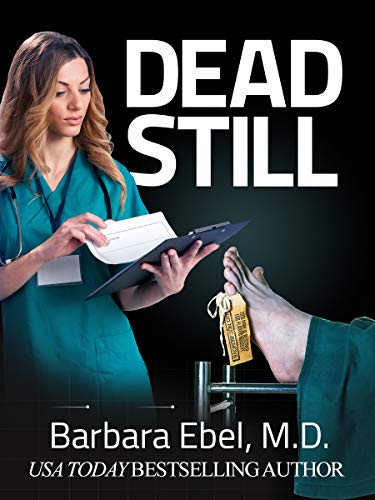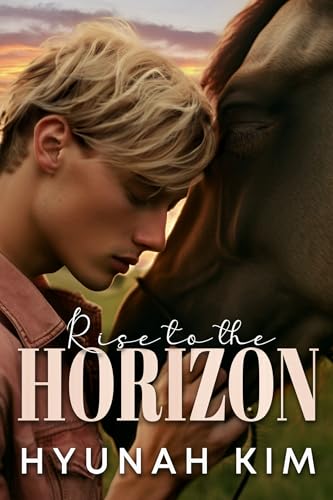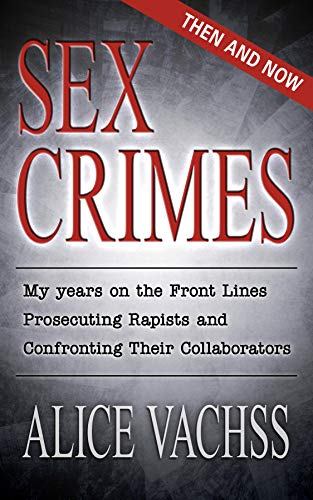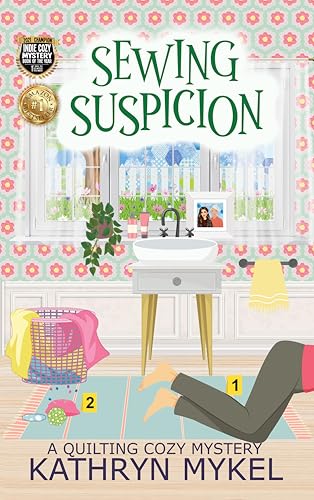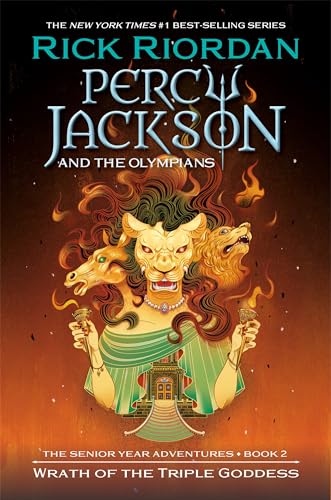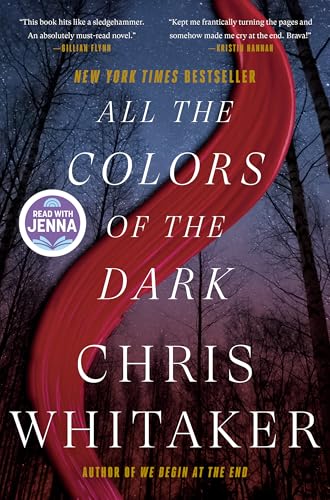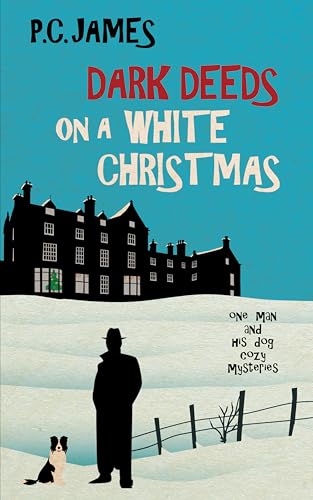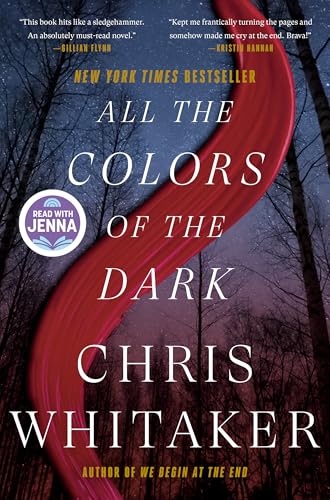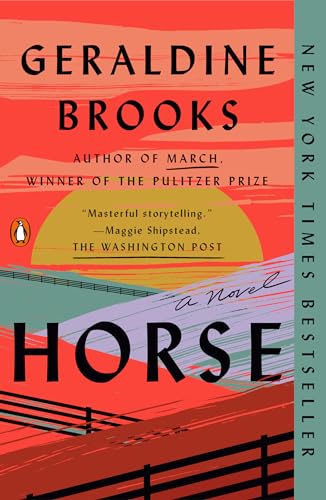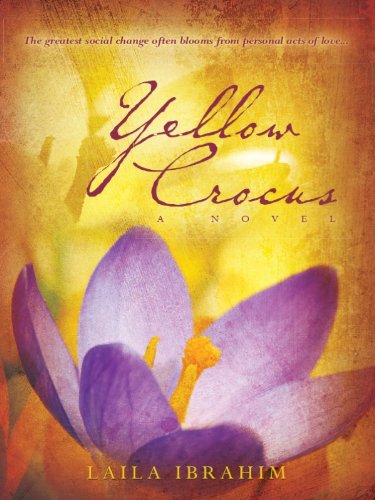In 1837, Lisbeth Wainwright is born to the white mistress of a sprawling Virginia plantation. Seconds later, she is delivered into the arms of her black wet nurse, Mattie. For a field hand like Mattie, her transfer to the big house is supposed to be considered an honor—except that the move tears Mattie away from her beloved grandfather and her infant son, Samuel. But Mattie is a slave, with no say in the matter, and so she devotes herself to her master’s daughter, though she longs to be raising her own child. Growing up under Mattie’s tender care, little Lisbeth adopts the woman’s deep-seated faith in God, her love of music and black-eyed peas, and the tradition of hunting for yellow crocuses in the early days of spring.
As the years pass, Lisbeth is drawn slowly back into her white parents’ world and begins to learn the ins and outs of life for a high-born young lady. Still she retains her connection to Mattie, befriending Samuel and drifting comfortably between the two worlds. She accepts her parents’ assertion that their slaves depend upon them for guidance and protection, yet that notion becomes more and more difficult to believe as she gains awareness of the inequality of life in the big house versus the slave quarters. When, on the threshold of her society wedding to debonair Edward Cunningham, Lisbeth bears witness to a shockingly brutal act, the final vestiges of her naiveté crumble around her. Just twenty-one years old, she is forced to choose between what is socially acceptable and what is right, a decision that will change her life forever.
This compelling historical novel chronicles young Lisbeth Wainwright’s coming-of-age during one of the most difficult chapters of American history. Lisbeth’s powerful bond with Mattie makes her loss of innocence in the face of society’s ugly secrets all the more heartbreaking, and yet it is the courage she learns from her stand in mother that enables Lisbeth to blaze a new path for herself. Yellow Crocus offers moving proof of how the greatest social change often blooms forth from small personal acts of love.
Then the image of Lisbeth, a white baby, breastfeeding in the loving arms of Mattie, an enslaved wetnurse came to me in a flash. I thought about what it would be like for Lisbeth to dearly love Mattie and then be taught by society that she wasn’t a full person. I wondered how it would feel for Mattie to be forced to abandon Samuel, her own child, in the slave Quarters. Then I imagined what the experience would be like for Miss Anne, the birth mother, to have her own child twist away from her to get into Mattie’s arms. These characters started to haunt me. Various scenes popped into my head. Though I had never written anything, I was being called to tell this story. Finally, for my fortieth birthday, I began the personal marathon of writing my first novel. I hope you will come to love these characters as much as I have.

